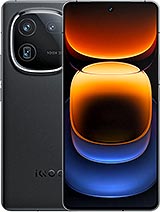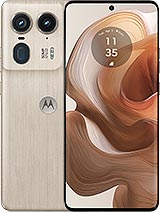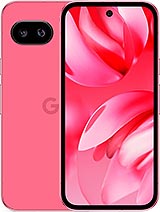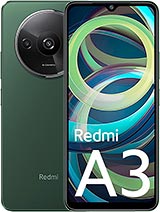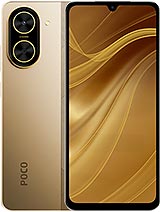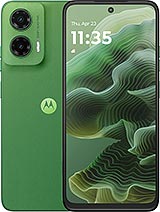Google Pixel 8a alternatives
Tap above to see alternatives.
Lava Yuva 4 4G alternatives
Tap above to see alternatives.
Google Pixel 8a
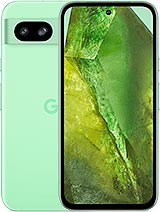
Google Pixel 8a
-
Tensor G3
4 nm
-
4492 mAh
18W
-
6.1"
1080x2400 pixels
-
64 MP
4K@30/60fps,
Lava Yuva 4 4G

Lava Yuva 4 4G
-
Unisoc T606
12 nm
-
5000 mAh
10W
-
6.56"
720 x 1612 pixels
-
50 MP
1080p@30fps
1x3.0 GHz Cortex-X3
4x2.45 GHz Cortex-A715
4x2.15 GHz Cortex-A510
2x1.6 GHz Cortex-A75
6x1.6 GHz Cortex-A55
8GB 256GB (UFS 3.1)
4GB 128GB (UFS 2.2)
f/1.9, 26mm (wide), 1/1.73", 0.8µm, dual pixel PDAF, OIS
13 MP
f/2.2, 120˚ (ultrawide), 1.12µm
(wide), AF
VGA
Auxiliary lens
1080p@30/60/120/240fps
f/2.2, 20mm (ultrawide), 1.12µm
1080p@30fps
SIM1: Nano, SIM2: eSIM
SIM1: Nano, SIM2: Nano
FDD: N1, N2, N3, N5, N7, N8, N12, N20, N26, N28
TDD: N38, N40, N41, N66, N75, N76, N77, N78
FDD: N1, N2, N3, N5, N7, N8, N12, N20, N28
TDD: N38, N40, N41, N66, N75, N76, N77, N78
In this comparison, the Google Pixel 8a with the Google Tensor G3 (4nm) performs better than the Lava Yuva 4 4G with the Unisoc Unisoc T606 (12nm), thanks to its more efficient chipset.
The Google Pixel 8a offers 7 years of OS updates, while the Lava Yuva 4 4G provides 1 years. When it comes to security updates, Google Pixel 8a leads with 7 years of support.
Google Pixel 8a has a superior AMOLED display, while Lava Yuva 4 4G uses an LCD panel. Moreover, it offers a higher 120 Hz refresh rate for smoother scrolling. These phones offer the same brightness level at nits. Notably, Google Pixel 8a has a higher resolution display, resulting in sharper visuals.
Lava Yuva 4 4G has a larger 5000 mAh battery for longer usage. Google Pixel 8a supports faster wired charging at 18W. Google Pixel 8a supports wireless charging at 7.5W, while Lava Yuva 4 4G lacks this feature.
Google Pixel 8a has an IP67 rating, while Lava Yuva 4 4G lacks official water and dust resistance.

